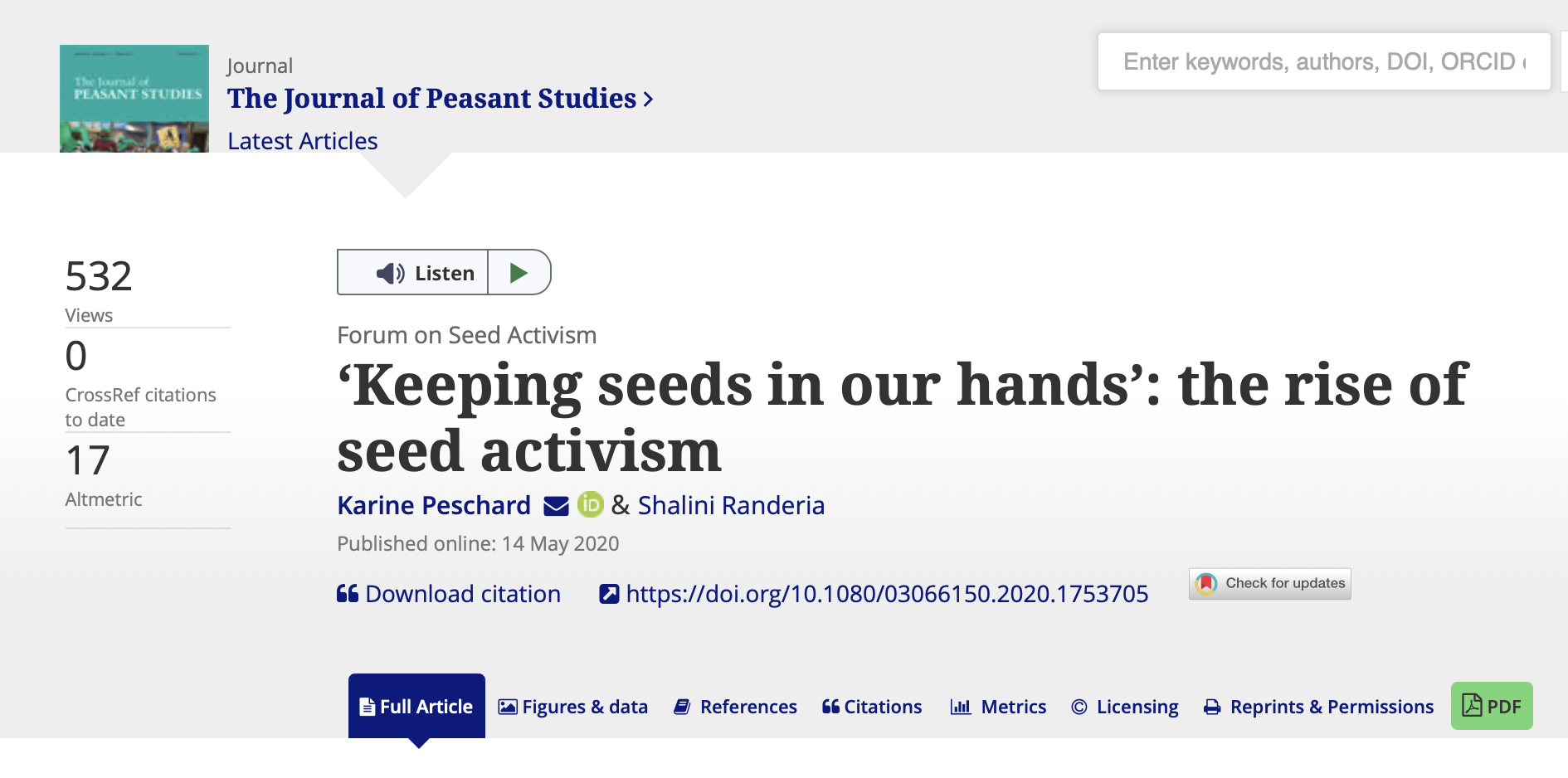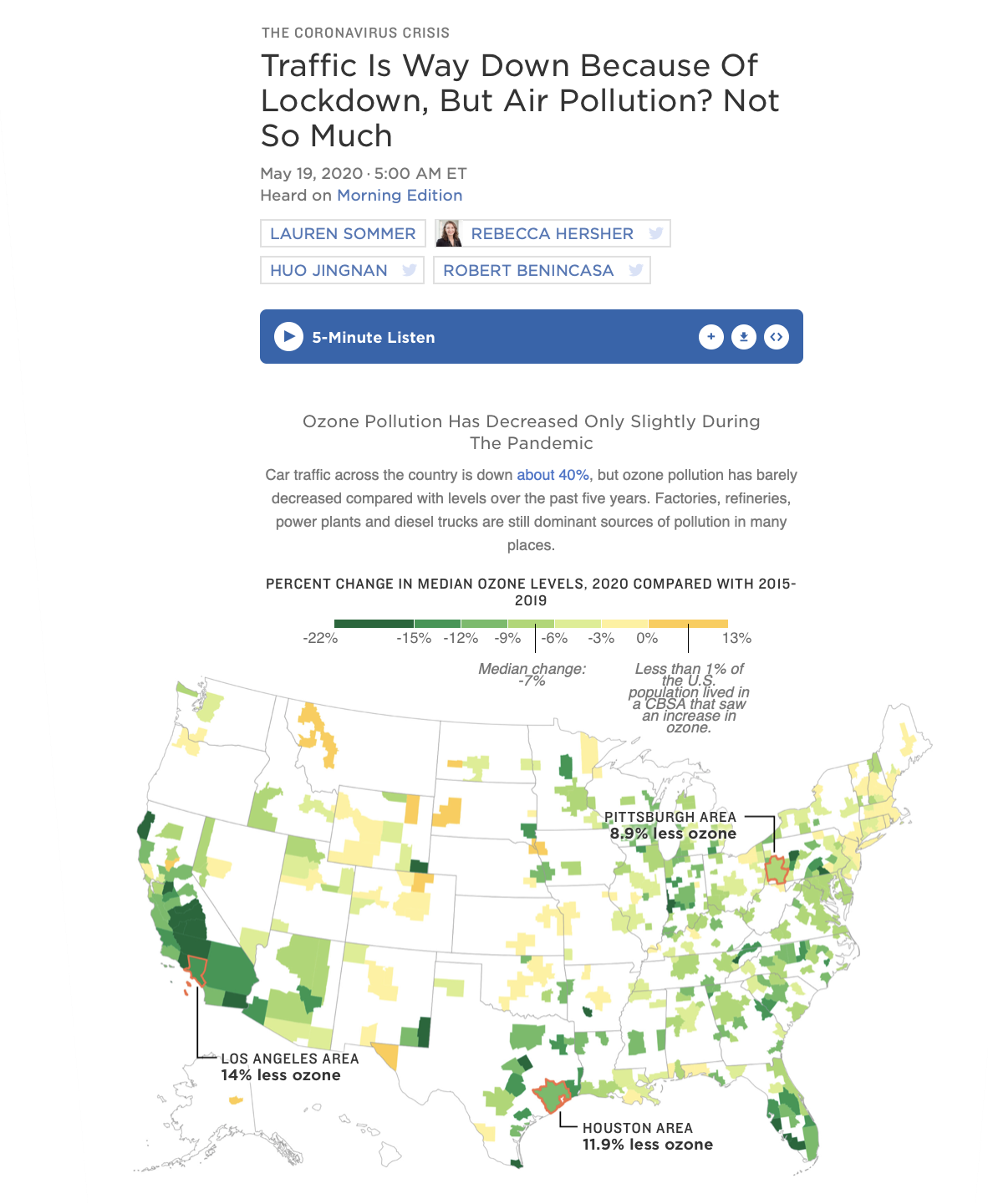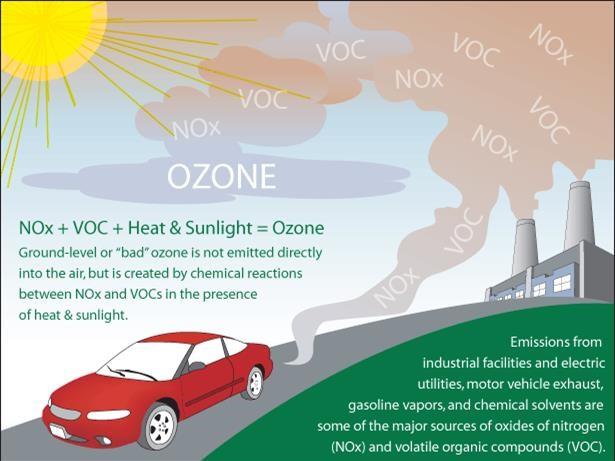Source: Keeping Seeds In Our Hands: The Rise of Seed Activism (The Journal of Peasant Studies)
Every seed makes a political statement.
— Moudgil (2017)
Semantic innovations like seed commons, peasant seeds and seed sovereignty are a powerful expression of what may be termed as seed activism. In this opening paper of the JPS Special Forum on Seed Activism, we explore the surge of mobilizations the world over in response to processes of seed enclosures and loss of agrobiodiversity. A historical overview of the evolution of seed activism over the past three decades traces a paradigm shift from farmers’ rights to seed sovereignty. Some of the main threats to peasant seed systems – from seed and intellectual property laws to biopiracy, corporate concentration and new genome editing technologies – are analyzed along with strategies by peasants and other activists to counter these developments.
Search “Seed Activism” on Google
Guerrilla gardening is the act of gardening on land that the gardeners do not have the legal rights to cultivate, such as abandoned sites, areas that are not being cared for, or private property. (source)



